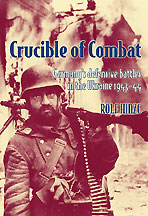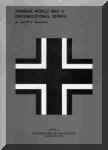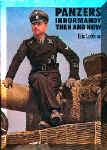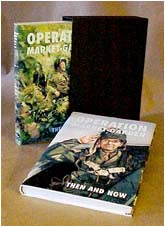Description
In his historical series Hinze provides the only comprehensive account of events on the central and southern portions of the German Eastern Front during the years of German retreat. This volume covers events on the southern portion of the Eastern Front from late 1943, in the aftermath of the Battle of Kursk, through the great Soviet summer offensives of 1943 and 1944. Following the final failure of German hopes in the great Battle of Kursk, the German forces in the Ukraine were forced ever back, losing ground gained in the years of victorious advance. This volume describes the bitter and eventful battles of German army groups in the Ukraine and the evacuation of the Crimean Peninsula during 1943 -1944. It follows the retreat from the Dnjepr to the Dnjestr rivers, Tscherkassy, Nikopol, Chersson, the fighting around Kriwoi Rog and Kirowograd., the loss of the Dnjepr salient, the breakout from the Tscherkassy Kessel (or ‘pocket’), and the battles on the Rumanian frontier around Targul-Frumos. The roster of battles goes on and on, including Tarnopol and the magnificent feats of the Hube Kessel, as the cut-off German First Army fought its way as a ‘moving pocket’ to freedom. The panorama stretches from the Pripjet swamps north of Kiew on the boundary with Heeresgruppe Mitte to the Sea of Azov, the Black Sea and Sewastopol in the south, from the Mius and Donez Rivers to the borders of Hungary and Rumania. Hinze’s accounts are indispensable to any study of the collapse of the German central front (covered in his two volumes on the collapse of Heeresgruppe Mitte), the great retreats across the Ukraine to the borders of Hungary and Rumania, and the evacuation of the Crimean Peninsula (both covered in this volume), the fate of Heeresgruppen Nordukraine, Südukraine and Süd-/ Ostmark in 1945 (covered in With the Courage of Desperation) and the battles of Heeresgruppe Nordukraine/A/Mitte (covered in To the Bitter End). There are no other detailed and comprehensive accounts in which the various individual narratives, unit histories and studies of individual battles may find their place in relation to the big picture. Hinze’s maps, alone, would justify his works, for most of the unit histories, narratives and studies of individual battles lack maps illustrating their place in the larger geography of the war. The study is complemented by orders of battle, the aforementioned maps (over 100 of them), plus photographs. Crucible of Combat represents a major contribution to our understanding of the Soviet-German War 1941-45.
Author: Rolf Hinze
6 x 9, 504 pages, 32 b/w photos, 105 b/w maps, softcover





